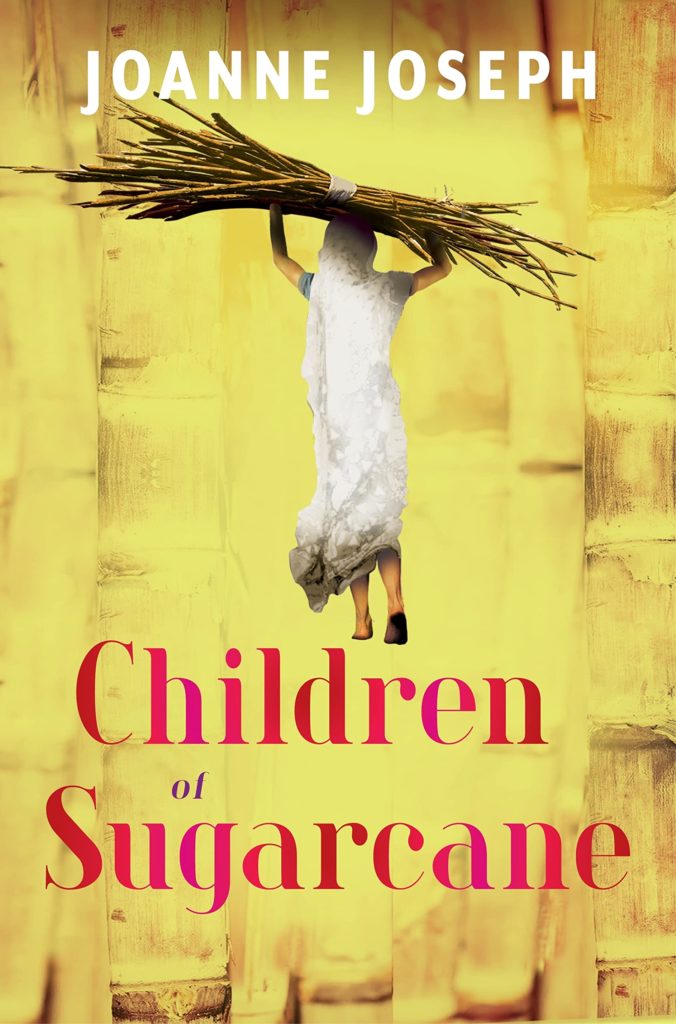
CHAPTER 1
Durban Gaol, Port Natal, September 1878
***
THE SUN TIPTOES TOWARDS TWILIGHT until the dark settles, suffocating the last light of day. The air is damp. It matts my hair to my face. I cannot be bothered to brush it away. The sweat of a labourer fills my nostrils – the stench of my own body. My palms and feet are calloused, this body I inhabit a constellation of scars. I cannot quite tell if it is still my body; whether I have surrendered it, or had it stolen from me.
On nights like this, the mosquitoes will not let us sleep. People fear this prison, but I have made peace with its four walls. This is my last home in this life. I can now say, ‘I am a prisoner. I am a criminal. I am sentenced to die,’ and those words no longer stick in my throat.
It is never silent here. Some sleep, some howl at night. I reflect and try to reconcile myself to the fate I have chosen. Strangely, I find myself fortified by these stone walls. I have spent hours curled against them, and in their crude assembly, I see the cornerstones of my destiny. I am determined to find the strength to face my end with dignity.
I have quickly grown used to the weight of chains. I’m no different, really, from the hardened men here who dig ditches with shackles round their ankles. Sometimes I try to glimpse faces be neath the arcs of their backs while I imagine what blood and gore brought them here. They work closely, their bodies almost touching, yet they are forbidden to speak. Words are dangerous. They are both gifts and weapons.
In the colonial prison, there are divisions between British, Indian and African inmates, male and female, young offenders and adults, those who have been tried and found guilty, and those who have yet to stand in the dock. Prisoners accused of monetary crimes are kept apart from those who spilt blood. In this wordless world, we eye each other as suspiciously as our gaolers. I often glance over my shoulder to see another prisoner’s eyes burrowing into me. I imagine them all to be murderers and rapists.
Despair hangs like a fog here. But I do not let it swallow me. I give my gaolers no trouble. I dig trenches, plough soil and scrub prison floors unquestioningly. I am rarely beaten here. There are moments when news of a hanging frightens me. But I sponge my eyes and continue with my work. I seek courage as if she were a friend who would go to the gallows with me. I do not wish to die a coward.
There is despondency in the eyes of women here, but I take no notice. I cannot carry their pain along with my own. I go meekly into confinement at sunset. I am deaf to my gaolers’ shoving – their lewd remarks about how they would like to have their way with me. They must think me feebleminded and docile because I never answer back. They are deaf to my silent curses.
But as the lock clangs behind me and their footsteps grow faint, there is a part of me that unlatches from this body, cleaves through its broken skin and hovers unfettered, leaping these jagged stone walls, gliding between past and present as I search for the answers that will lead me back to myself.
I am a migrant, connected to my home by fragile threads that stretch across continents. They are too frayed now to hoist me back to the life I knew, to the girl I once was. Yet sometimes a long ing for the place of my birth takes hold of me, and it pains me to be torn from all that was familiar to me – all whom I loved in India.
It is not that I dislike the Colony of Natal. Even with its trials, I have grown fond of the landscape, of many of the good people who reside here. I have thought of rerooting myself here, never to return to India. But I also do not want my memories devoured. In time, it all fades – the voices of my sisters, the blemish on my mother’s cheek, my father’s scar from rescuing me from the neigh bour’s bull. My parents have become mere silhouettes. I imagine their slowing steps, the trickle from their eyes, or the reeds that have grown into savage bushes in my absence. And it knocks me off balance, like the rocking of the ship that carried us here and spewed us onto the land like waste.
And yet something quite miraculous happened as I was led away from the plantation. It prompted me to snap my head around to see who was watching, who was whispering, even as the police man handcuffed me. I saw no one but the other labourers looking on in silence. But that night, as I lay on the stone floor of the gaol, I sensed it again – a rip in time’s canvas through which small fragments escaped. I saw etchings on faces. Ridges on hands. A lock. A tress of flowing hair – all with great clarity.
I found myself swept backwards to a day when I stood bowed on that plantation with a scythe in my hands. I remembered how I had slowly tried to orientate my face towards Vākkuṟuti in the hope that it was all still there – the magnificent rockcut temples of the Pallava dynasty on the river banks, the pillared halls and shrines that rose up in worship of the great Shiva in Mahabalipuram, the Sanskrit writings that endured wars and the destruction of empires. And I stood a little more erect, even when the lash of the whip met my back.
I sat up in my cell and stared into the dark. If time was conspiring to unravel my bonds, I would ask it to carry me back to that child, Shanti: ebullient and unspoilt by the world.
“I am waiting,” I said. “Come and take me.”
***
Buy Children of Sugarcane: Amazon
Excerpt from CHILDREN OF SUGARCANE published by Jonathan Ball Publishers. Copyright © 2021 by Joanne Joseph.


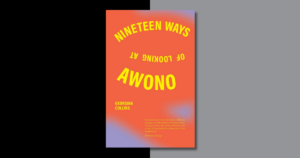
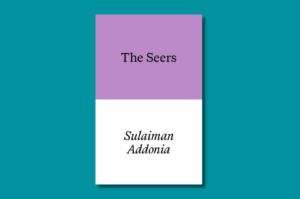
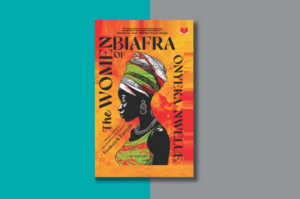
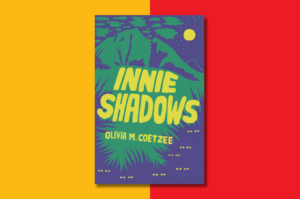

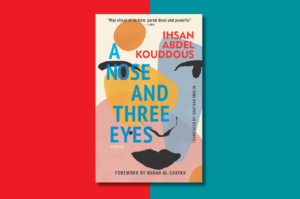

COMMENTS -
Reader Interactions